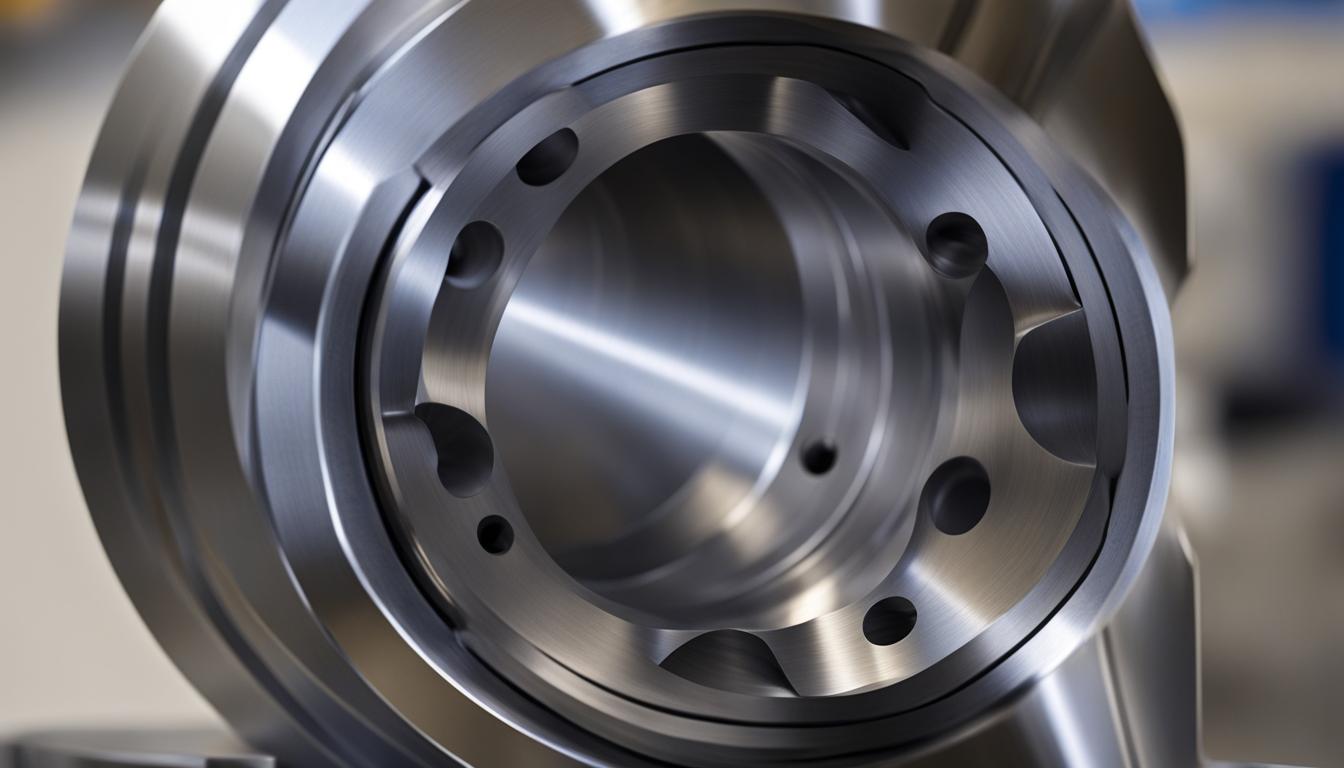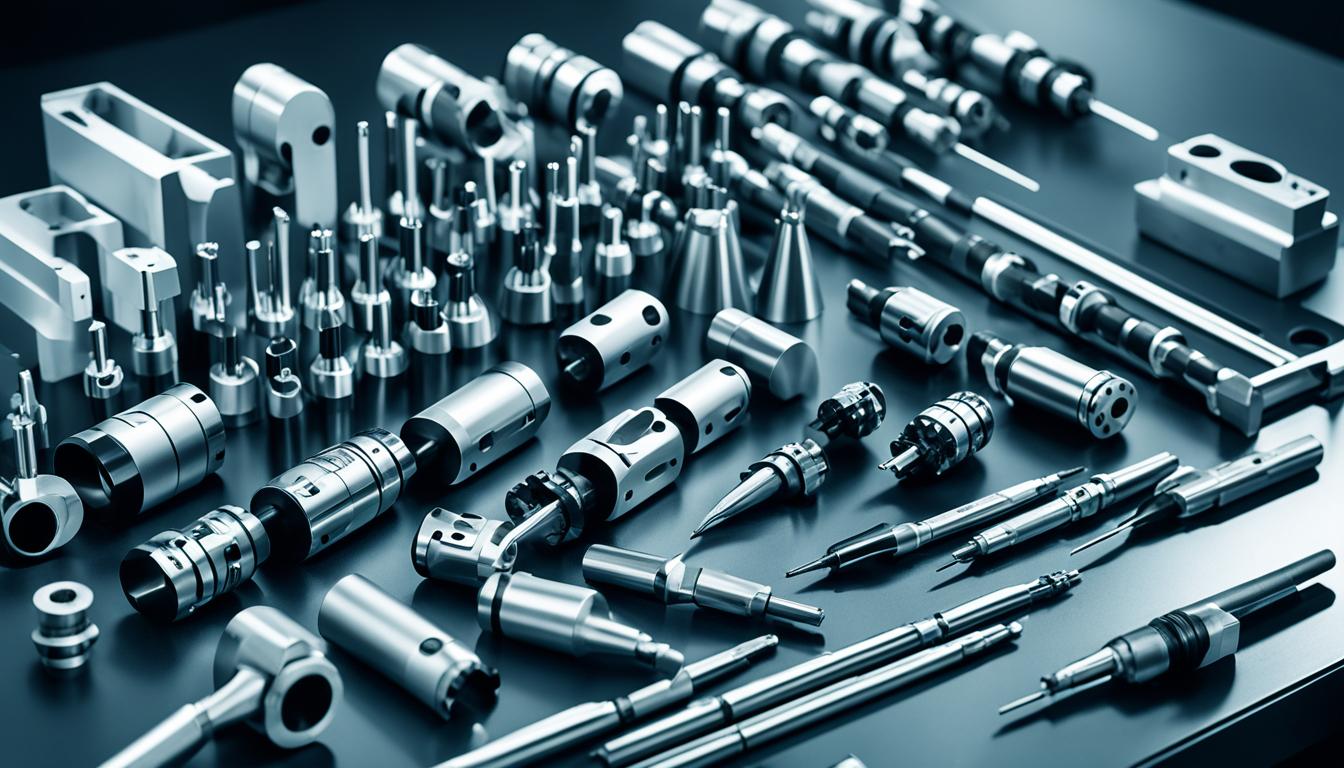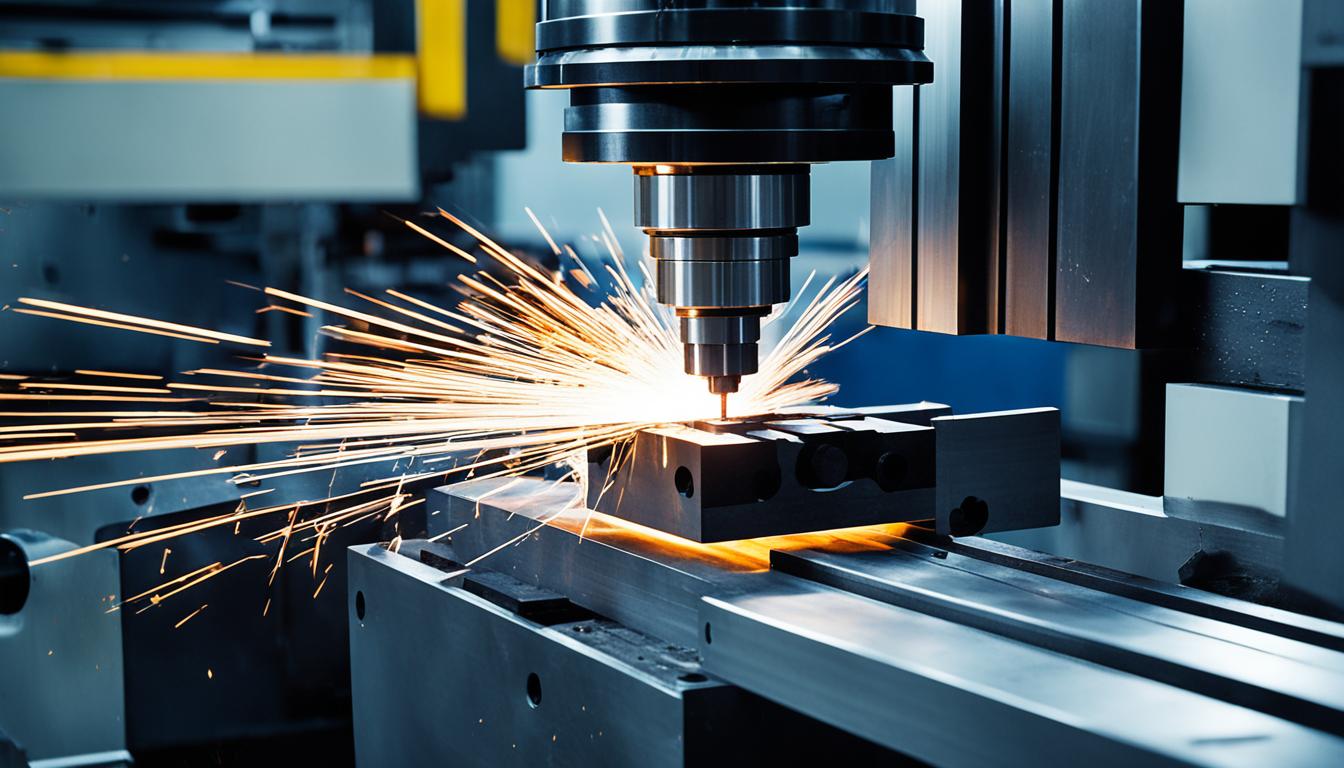CNC products encompass a wide range of items manufactured using Computer Numerical Control technology, which employs computerized systems to control machine tools. These products span various industries and applications, including aerospace components, automotive parts, medical devices, consumer electronics, and industrial machinery. Common CNC-produced items include precision-engineered gears, turbine blades, custom furniture parts, intricate jewelry designs, and architectural elements.
The technology allows for the creation of complex shapes and patterns in materials such as metals, plastics, wood, and composites with high accuracy and repeatability. CNC machining processes like milling, turning, drilling, and laser cutting enable the production of both prototypes and large-scale manufacturing runs. The versatility of CNC technology has revolutionized modern manufacturing, allowing for rapid production of customized parts, reduced waste, and improved product quality across numerous sectors.
- CNC machines are used in various industries to produce precision metal parts.
- CNC machining offers benefits such as diverse capabilities and reduced human error.
- CNC machines are vital in industries like aerospace, automotive, transportation, medical, oil and gas, and military and defense.
CNC Machining in the Aerospace Industry
CNC machining plays a vital role in the aerospace industry by producing lightweight and strong parts with tight tolerances. CNC machines are used to create components for wings, navigation systems, hydraulic manifolds, fuel bodies, landing gear, electrical connectors, and more. Aerospace parts are often made from materials like titanium, kovar, aluminum, stainless steel, copper, and bronze.
In the aerospace industry, precision is paramount. The use of CNC machining ensures that the intricate and complex components required in aerospace applications are produced with utmost accuracy. CNC machines can accurately reproduce designs, resulting in consistent and reliable parts that meet the stringent requirements of the industry.
By leveraging CNC machining, aerospace manufacturers can achieve lightweight designs without compromising strength and durability. This is especially important in the aerospace industry, where reducing weight is crucial for improving fuel efficiency and overall performance. CNC machines are capable of removing excess material and creating intricate shapes, allowing for the creation of lightweight yet structurally sound components.
“CNC machining revolutionized the aerospace industry by enabling the production of highly complex and accurate parts. This technology has greatly contributed to the advancement of aviation and space exploration.”
Furthermore, CNC machining enables the production of components with tight tolerances. The aerospace industry demands parts that fit together precisely to ensure optimal performance and safety. CNC machines can achieve the required tolerances consistently, resulting in components that align perfectly and function seamlessly in aerospace systems.
With the versatility of CNC machining, aerospace manufacturers can create a wide range of components that cater to various applications. From structural components like wings and landing gear to intricate parts like electrical connectors and hydraulic manifolds, CNC machines can deliver high-quality, precise, and reliable aerospace components.
The utilization of advanced materials is another notable aspect of CNC machining in the aerospace industry. CNC machines can work with a variety of materials, including titanium, which is known for its exceptional strength-to-weight ratio. This allows aerospace manufacturers to take advantage of the unique properties of different materials and optimize the performance of their components.
In summary, CNC machining has revolutionized the aerospace industry by enabling the production of lightweight, strong, and precise components. By leveraging CNC technology, aerospace manufacturers can achieve intricate designs, tight tolerances, and efficient production processes. The use of CNC machining in the aerospace industry has undoubtedly contributed to advancements in aviation and space exploration.
CNC Machining in the Automotive Industry
CNC machining plays a crucial role in the automotive industry, enabling the creation of precise and complex components that are vital for vehicle performance and safety. By utilizing CNC machines, automotive manufacturers can produce high-quality engine parts, dashboard panels, drive axles, gearboxes, cylinder heads, brake system valves, and fuel pump systems.
The use of CNC machining in the automotive sector offers several advantages. Firstly, it ensures tight tolerances, resulting in components that fit accurately and function optimally within the vehicle. This precision is essential for maintaining the efficiency and reliability of the automotive system. Additionally, CNC machining enables the consistent replication of components, ensuring uniformity across production batches and facilitating seamless assembly. This repeatability is crucial for automotive manufacturers who require consistent quality in their components.
The Advantages of CNC Machining in the Automotive Industry
- Precision: CNC machining allows for the creation of intricate automotive components with high precision, ensuring a perfect fit and optimal functionality.
- Efficiency: By employing CNC machines, automotive manufacturers can streamline their production processes, reducing lead times and increasing overall efficiency.
- Quality: CNC machining enables the production of high-quality automotive components with consistent precision, ensuring reliability and customer satisfaction.
- Versatility: CNC machines can work with a wide range of materials, including metals and plastics, allowing for the production of diverse automotive components.
By utilizing CNC machining technology, automotive manufacturers can meet the demands of the increasingly complex automotive industry, producing components that are crucial for vehicle performance, safety, and customer satisfaction.
Overall, CNC machining has become an integral part of the automotive industry, offering manufacturers the ability to produce precise and complex components efficiently. The utilization of CNC machines ensures tight tolerances, repeatability, and efficiency in the automotive manufacturing process, contributing to the overall quality and reliability of vehicles on the market.

CNC Machining in the Transportation Industry
CNC machining plays a vital role in the transportation industry, providing precision components for railroads, trucks, and shipping vessels. By utilizing CNC machines, transportation companies can ensure the production of high-quality parts that meet the industry’s specific requirements.
Some of the common components manufactured through CNC machining in the transportation industry include:
1. Shafts
Shafts are essential for transmitting power and rotational motion within various transportation systems. CNC machining enables the precise fabrication of shafts that are durable and reliable, ensuring smooth and efficient operations.
2. Valves
Valves play a critical role in controlling fluid flow, pressure, and direction in transportation systems. CNC machining allows for the production of valves with the necessary precision and tight tolerances, ensuring efficient and reliable performance.
3. Engine blocks
Engine blocks are the core components of transportation vehicles, housing the cylinders, crankshaft, and other vital engine parts. CNC machining enables the creation of engine blocks with intricate designs, precise measurements, and excellent structural integrity.
4. Transmission casings
Transmission casings are responsible for enclosing and protecting the gears, shafts, and other components within a transmission system. CNC machining ensures the production of transmission casings that are strong, lightweight, and capable of withstanding the demands of the transportation industry.
5. Gears
Gears are essential for transferring power and torque within various transportation systems, allowing for the smooth and efficient operation of vehicles. CNC machining enables the production of gears with precise tooth profiles, ensuring optimal performance and longevity.
6. Braking systems
The braking systems of transportation vehicles require components that can withstand immense forces and provide reliable stopping power. CNC machining allows for the fabrication of high-quality brake components, ensuring the safety and efficiency of transportation systems.
Additionally, CNC machining is employed in the manufacturing of other critical transportation parts such as suspension components, bogies for railways, relays, train wheels, and specialist bolts. The accuracy, repeatability, and flexibility offered by CNC machines are crucial for meeting the stringent demands of the transportation industry.
| Component | Function | Material |
|---|---|---|
| Shafts | Transmit power and rotational motion | Stainless steel |
| Valves | Control fluid flow and pressure | Brass |
| Engine Blocks | Houses cylinders and engine parts | Aluminum |
| Transmission Casings | Enclose and protect transmission components | Cast iron |
| Gears | Transfer power and torque | Steel alloys |
| Braking Systems | Enable reliable vehicle stopping | Carbon composite |
CNC Machining in the Medical Industry
CNC machining plays a critical role in the medical industry by producing various medical tools and equipment. CNC machines are used to create surgical tools such as scissors, scalpels, clamps, and forceps. They are also used in the manufacturing of larger medical devices like ultrasound machines, MRI or CT scanners, and diagnostic equipment. Specialized stainless steels are often used for their precision and cleanliness.
Medical professionals rely heavily on CNC machining to ensure the accuracy and reliability of their instruments. The use of CNC technology guarantees that medical tools and equipment meet stringent quality standards and can perform their intended functions with precision and effectiveness.
One of the key advantages of CNC machining in medical tooling is the ability to create complex shapes and intricate designs. This allows for the production of specialized tools that can be tailored to specific medical procedures, enhancing surgical outcomes and patient safety.
“CNC machining enables us to create surgical instruments with exceptional precision, ensuring optimal performance in the operating room. The advanced capabilities of CNC machines allow us to produce tools that meet the demanding requirements of our medical professionals.”
The medical industry places a strong emphasis on cleanliness and hygiene. CNC machining using specialized stainless steels ensures that medical tools and equipment are resistant to corrosion, easy to clean, and safe for patient use. The use of these materials also minimizes the risk of contamination, making CNC-machined medical tools an essential component of modern healthcare.

CNC Machining in the Oil & Gas Industry
CNC machining plays a crucial role in the oil and gas industry, ensuring the production of high-quality components that meet the demanding requirements of this sector. By utilizing CNC machines, manufacturers can produce a wide range of parts, including bushings, connectors, fasteners, pins, shafts, springs, and washers. These precision-made components are essential for the efficient operation of pipelines, refineries, pump systems, sealing systems, and valves in the oil and gas industry.
The accuracy and sophistication of CNC machining technology ensure that these components are durable, reliable, and effective for rigorous oil and gas applications. CNC machines can precisely manufacture these intricate parts from various materials, including stainless steel, titanium, and other alloys, to withstand the challenging operating conditions of the industry.
The Importance of CNC Machining in the Oil & Gas Industry
CNC machining offers several key advantages for the oil and gas industry:
- Precision: CNC machines can achieve highly precise dimensions and tolerances, ensuring that the manufactured components fit perfectly in their intended applications, enhancing overall system performance.
- Efficiency: CNC machines operate with speed, accuracy, and repeatability, significantly reducing production time compared to conventional manufacturing methods. This efficiency helps meet the industry’s demanding project deadlines.
- Quality: CNC machining eliminates the human error aspect often associated with manual machining processes, resulting in consistent quality and reliable performance of oil and gas components.
- Versatility: CNC machines can handle a wide range of materials and designs, enabling manufacturers to produce complex and customized components to meet the diverse needs of the oil and gas industry.
Overall, CNC machining plays a vital role in ensuring the integrity, functionality, and safety of oil and gas components, contributing to the smooth operation and efficiency of the industry.
CNC Machining in the Military & Defense Industries
CNC machining plays a critical role in meeting the stringent demands of the military and defense industries. These sectors rely on high-performance components that require precision, durability, and confidentiality. CNC machines are used to manufacture a wide range of military and defense components, including adapters, ammunition, bushings, connectors, housings, shafts, spacers, and more.
With CNC machining, these components can be produced with intricate designs and exact specifications. CNC machines follow pre-programmed instructions, ensuring consistent and accurate production. This level of precision is crucial in the military and defense sectors where reliability and performance are of utmost importance.
In addition to precision, CNC machining offers efficiency and speed in the production process. The automated nature of CNC machines reduces the need for manual labor and minimizes the risk of human error. This results in streamlined production and faster turnaround times, allowing military and defense industries to meet tight deadlines and respond swiftly to evolving needs.
Furthermore, CNC machining provides the necessary confidentiality required in military and defense applications. These industries demand a high level of data security to protect sensitive designs and proprietary information. CNC machines allow for controlled access and safeguarding of intellectual property, ensuring the confidentiality of military and defense components.
